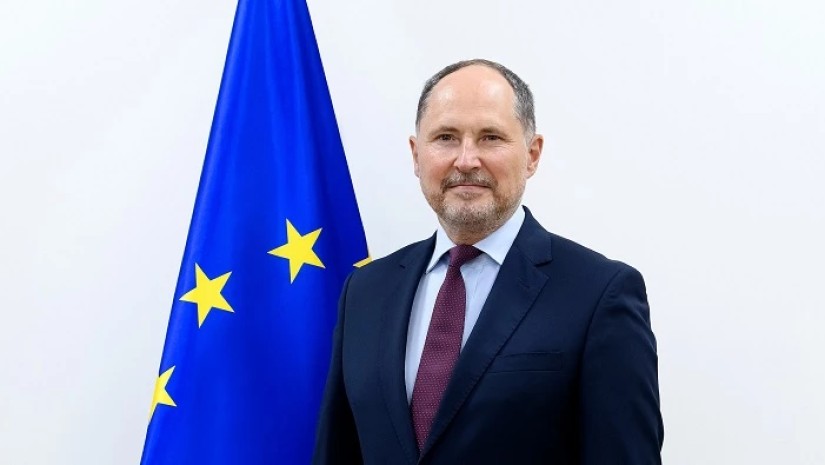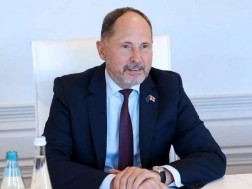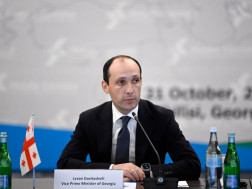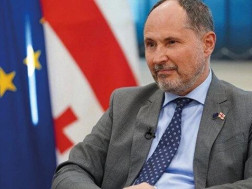The role of the parliament is crucial in implementing the 12 priorities and currently, the nine steps. I encourage all political leaders in Georgia to look at these reforms very seriously, stated EU Ambassador to Georgia Paweł Herczyński.
He urged all political forces to put political differences aside and cooperate to implement reforms.
“A few words about Georgia’s process. As for Georgia and the implementation of the 12 priorities last year, and currently the 9 steps, The role of the parliament is crucial. I encourage all political leaders in Georgia to look at these reforms very seriously. The experience from the Western Balkans is that countries which approach these reforms in this manner will advance faster than those that make only cosmetic changes.
Make no mistake. These reforms are intended to be transformational. One cannot forget that there is more needed than to work on the nine steps. The country report for Georgia, published in November, sets out a clear set of recommendations for each of the chapters of the EU acquis. Recommendations that need a lot of work. And I want to stress here, the joint work of the parliament, the government, the opposition, the civil society.
If Georgia wants to know what to do over the next months and years in each and every area covered by the process, that report provides most of the answers. Often the recommendations are similar.
Adopt a law, create the necessary administrative structure, devote time to staffing that structure and developing the capacity to implement, and then enforce the acquis. Many areas take time and are costly. From this point of view, the earlier you start, the easier it will be. As you advance and start applying EU standards, you can attract investment, including private sector investment, to help create wealth and develop standards in the country.
Investors appreciate the stability that comes from applying the EU rules and being integrated into the single market. So, if I had to name one factor that would accelerate Georgia’s path to the European Union and is clearly based on the experience of the Western Balkans, it would be developing national consensus on joining the European Union.
All political forces, setting aside their political differences, to work together to deliver on those reforms. All our experience is that a lack of political consensus slows down the accession process,” the Ambassador stated.
He added that “the European Commission will soon start to draft its next country report for Georgia and all other enlargement countries, taking into account all progress made since mid-June last year up to mid-June this year. I sincerely hope that all enlargement countries present here will significantly advance in their EU integration process.”
















